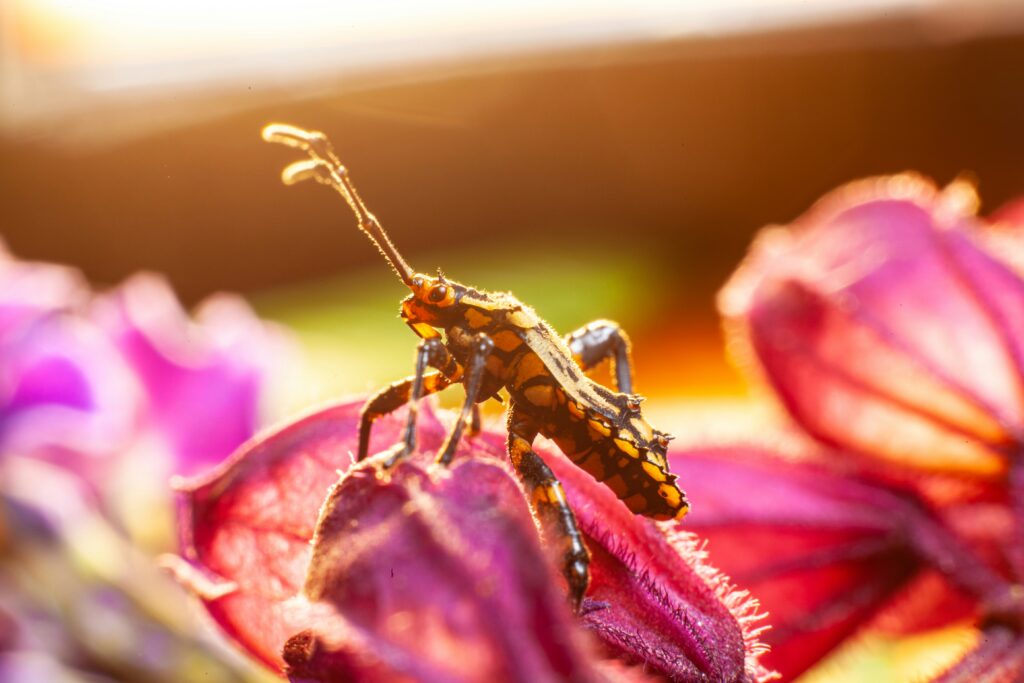When most people think of garden visitors, they often picture colorful butterflies or perhaps industrious bees. However, the world of beneficial insects extends far beyond these familiar favorites. Gardens teeming with diverse insect life represent thriving ecosystems where natural balance helps plants flourish without chemical interventions. From pest control to pollination, soil improvement to biodiversity enhancement, insects serve as tiny but mighty garden allies. By understanding and encouraging these small creatures, gardeners can create healthier, more sustainable landscapes that benefit not only their plants but the broader environment. Let’s explore the remarkable advantages that insects bring to our gardens and why we should welcome rather than repel these fascinating creatures.
Natural Pest Control Warriors

Beneficial predatory insects serve as nature’s pest management system, often eliminating the need for harsh chemical pesticides. Ladybugs, for instance, can consume up to 5,000 aphids during their lifetime, effectively keeping these common plant pests in check. Praying mantises patrol garden foliage with remarkable efficiency, capturing and devouring various harmful insects that might otherwise damage your cherished plants. Ground beetles hunt slugs, caterpillars, and other soil-dwelling pests, protecting roots and lower plant structures from damage. This natural predator-prey relationship creates a balanced ecosystem where pest populations rarely reach destructive levels, allowing gardeners to avoid the health and environmental risks associated with synthetic pest control methods.
Pollination Powerhouses
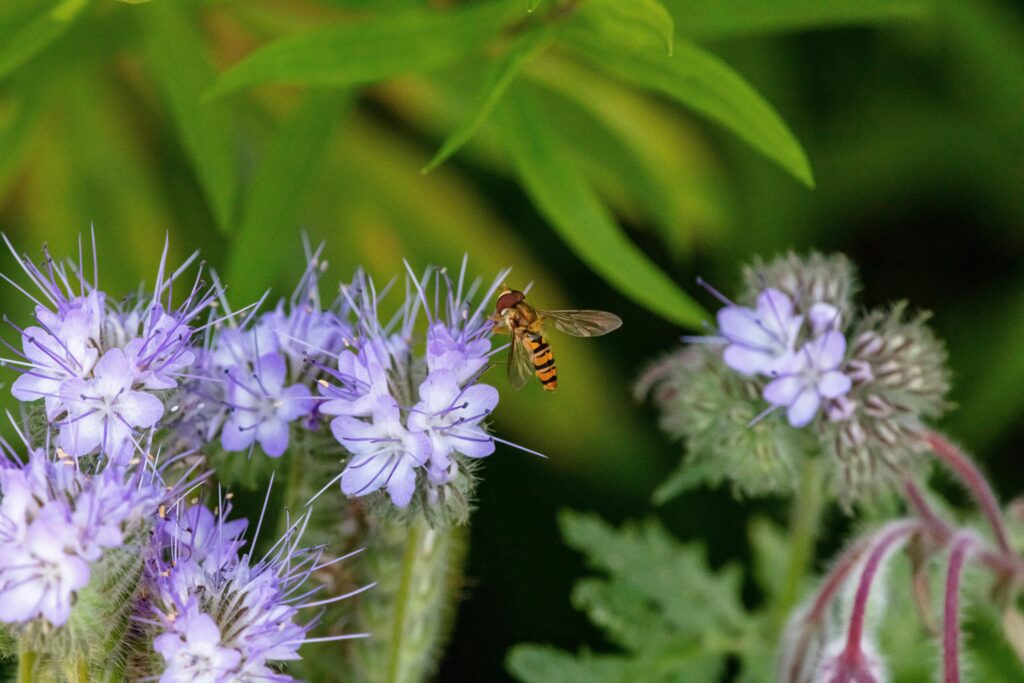
While bees get most of the pollination credit, numerous other insects contribute significantly to this essential ecological service. Butterflies, with their long proboscises, can access nectar in deep flowers that other pollinators cannot reach, making them important pollinators for specific plant species. Even flies, particularly hover flies, play crucial roles in pollination, especially in cooler weather when bees may be less active. Beetles, among the oldest pollinators on Earth, continue to pollinate primitive flowering plants like magnolias and water lilies. Research suggests that gardens with diverse insect pollinators experience up to 40% higher fruit and vegetable yields, directly benefiting gardeners with more productive harvests.
Soil Health Enhancers
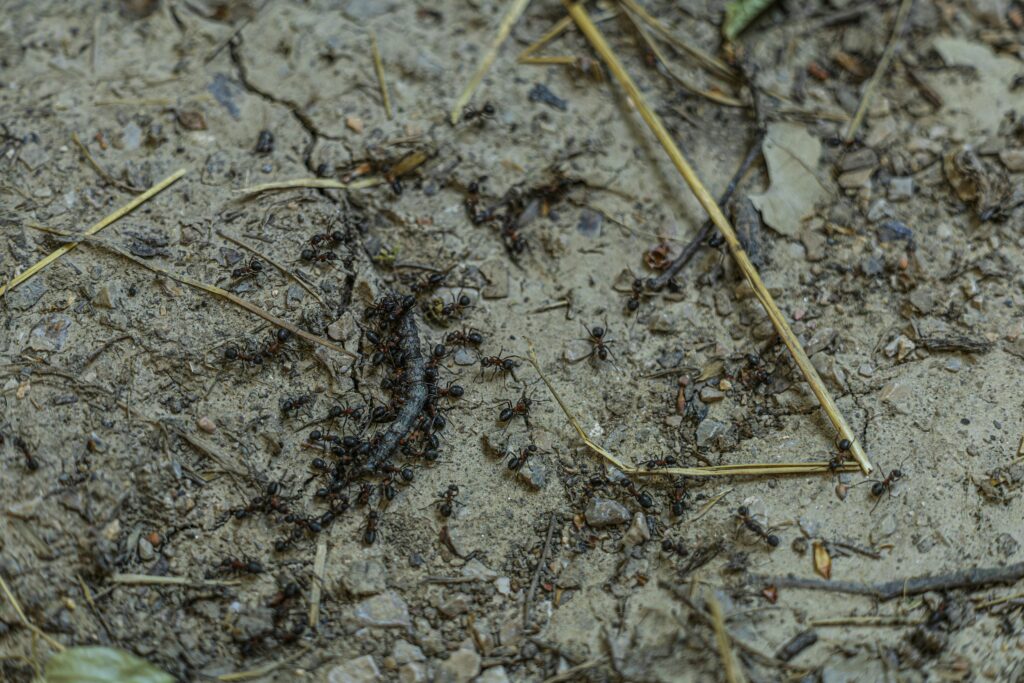
Beneath the soil surface, numerous insects contribute to creating rich, fertile growing conditions for plants. Earthworms, though technically not insects but close garden allies, aerate soil through their tunneling and produce nutrient-rich castings that improve soil structure and fertility. Beetles and their larvae help break down organic matter, accelerating decomposition and releasing nutrients for plant uptake. Ground-dwelling insects create small channels in the soil that improve water penetration and root growth, preventing compaction and encouraging healthier plant development. This underground work improves soil drainage, increases oxygen levels, and enhances the soil’s water-holding capacity, creating ideal growing conditions without the need for frequent tillage or soil amendments.
Biodiversity Boosters

Insects form the foundation of garden biodiversity, supporting countless other wildlife species. Birds rely heavily on insects for food, particularly when raising young, with a single chickadee pair needing thousands of caterpillars to raise one brood of nestlings. Garden amphibians like frogs and toads depend on insect populations for survival, controlling pests while adding character to your outdoor space. Even small mammals benefit from insect abundance, creating a more diverse and resilient garden ecosystem. Research has shown that gardens with higher insect diversity experience fewer pest outbreaks and require less intervention, as the complex web of species interactions provides natural checks and balances.
Indicators of Garden Health
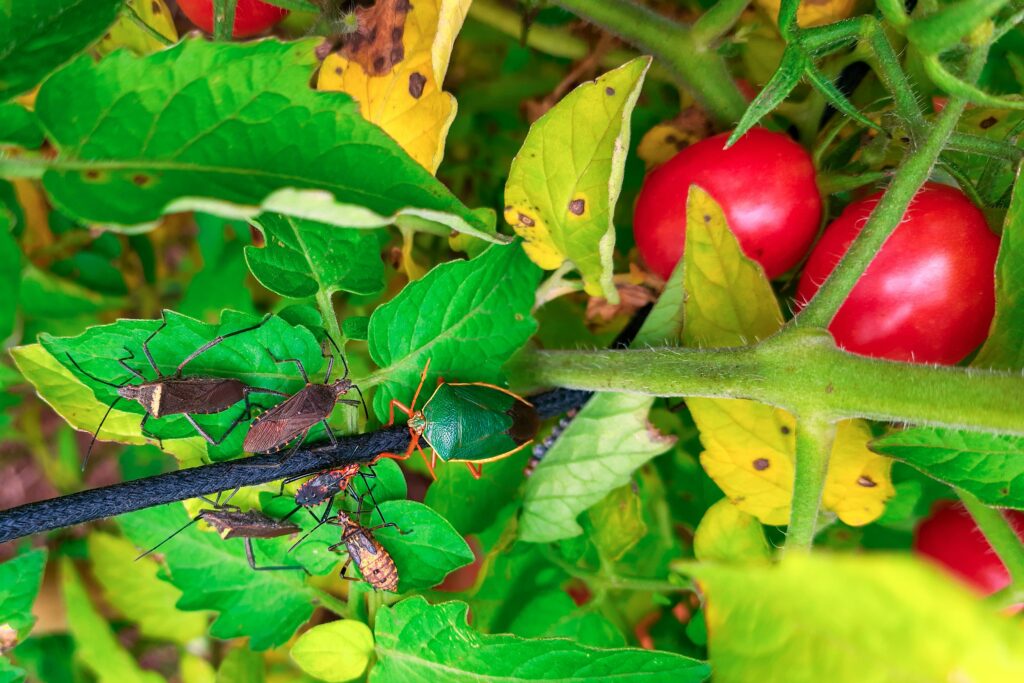
The presence and diversity of insects in your garden serve as valuable bioindicators of overall ecosystem health. Gardens with robust insect populations typically demonstrate balanced soil chemistry, appropriate moisture levels, and minimal toxic contamination. Declining insect numbers often signal environmental stress factors that may eventually affect plant health, allowing attentive gardeners to address issues before plants show damage. Certain insects have particularly sensitive environmental requirements, making their presence especially informative about specific garden conditions. By monitoring insect populations and diversity throughout the growing season, gardeners gain insights into their landscape’s ecological functioning that no soil test or moisture meter can provide.
Education and Wonder for Children
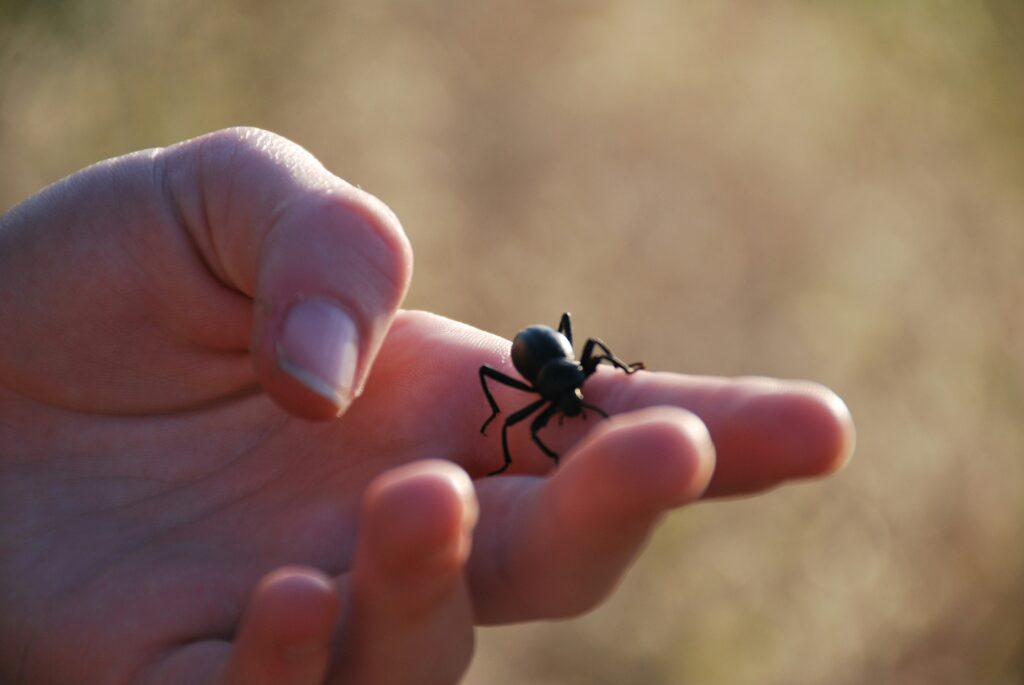
Gardens rich with insects provide incomparable learning opportunities for children, sparking curiosity about the natural world. Young minds develop observational skills by watching insects perform their ecological roles, from a spider spinning its web to a butterfly’s metamorphosis in real-time. These experiences foster empathy and care for creatures often misunderstood or feared, helping children develop a conservation mindset from an early age. Research indicates that childhood exposure to diverse insects correlates with greater environmental awareness and stewardship in adulthood, making your insect-friendly garden an investment in the next generation of nature advocates. Children who understand the beneficial roles of garden insects are less likely to develop entomophobia (fear of insects) and more likely to appreciate ecological interconnections throughout their lives.
Decomposition Specialists
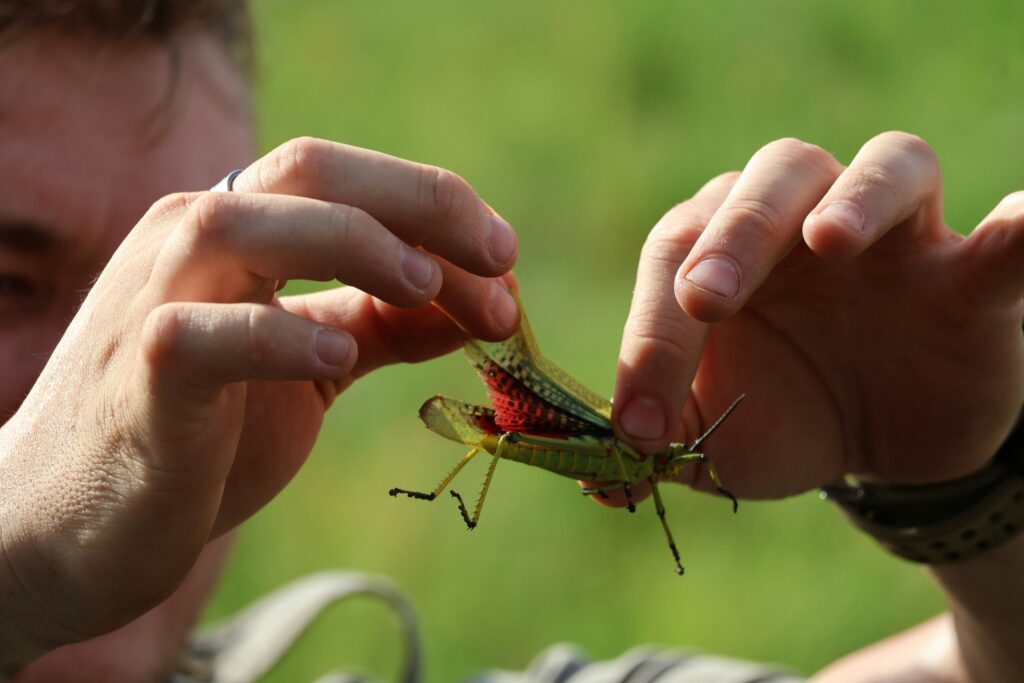
Certain insects excel at breaking down dead plant material, speeding the recycling of nutrients back into the garden ecosystem. Millipedes, springtails, and various beetles transform fallen leaves and plant debris into rich humus that improves soil structure and fertility. This natural decomposition process reduces the need for supplemental fertilizers while creating ideal soil conditions for beneficial soil microbes to thrive. Gardens with healthy decomposer insect populations typically generate less waste requiring removal, as nature’s recycling system operates efficiently at the soil level. The continuous breakdown of organic matter by these insects helps maintain consistent nutrient availability throughout the growing season, preventing the feast-or-famine cycles that can occur with synthetic fertilizer applications.
Fascinating Behaviors to Observe
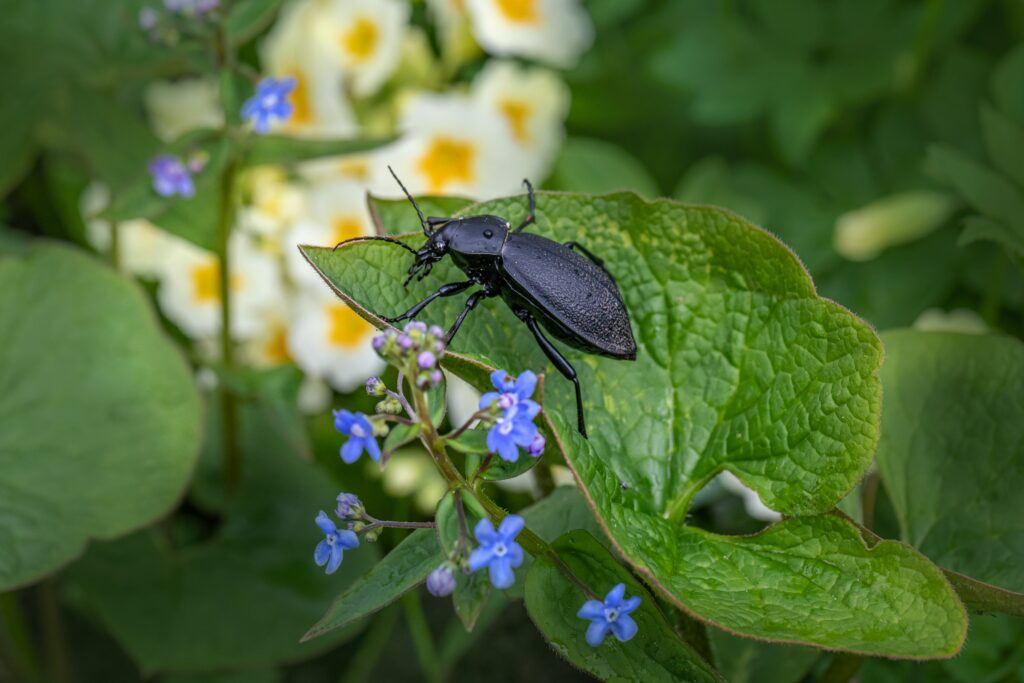
Beyond their practical benefits, garden insects display remarkable behaviors that provide endless fascination for observant gardeners. The intricate architectural skills of nest-building wasps demonstrate problem-solving and precision that rival human engineering achievements on a miniature scale. Bumblebees employ sophisticated communication systems to inform hivemates about productive foraging locations, optimizing the colony’s efficiency. Even common ants demonstrate complex social organizations and problem-solving capabilities as they navigate garden landscapes and collaborate on resource collection. These observable behaviors connect gardeners with evolutionary adaptations developed over millions of years, offering profound perspective on nature’s ingenuity and the sophisticated strategies that allow these small creatures to thrive in diverse environments.
Creating Insect-Friendly Habitats
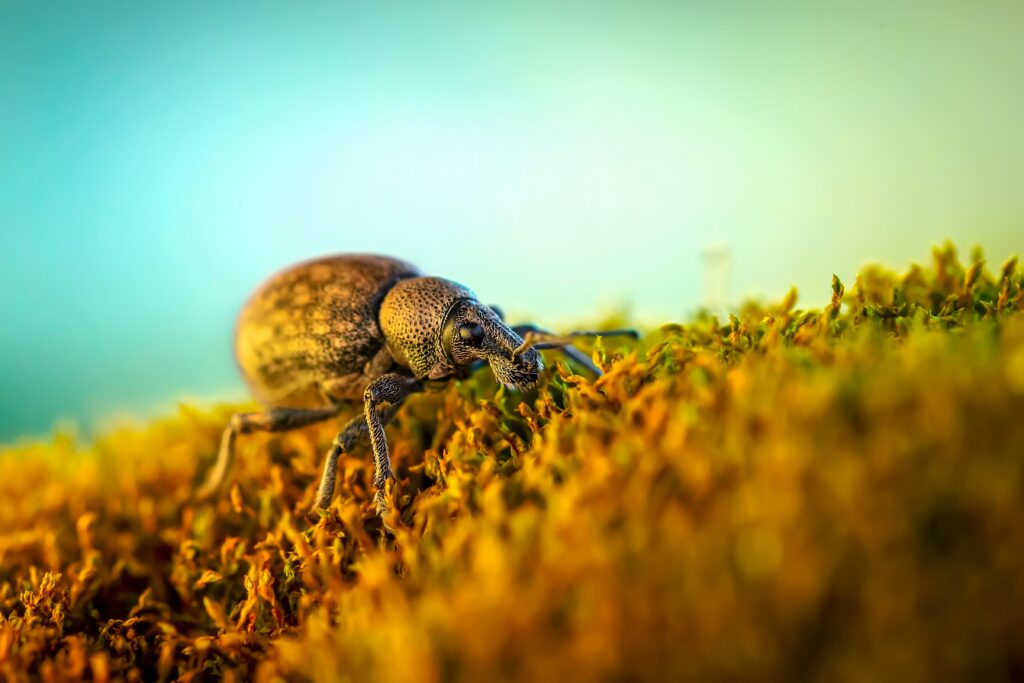
Attracting beneficial insects requires thoughtful garden design incorporating diverse plant species that provide food, shelter, and breeding sites. Native flowering plants offer familiar nectar sources while supporting specialist insects that have evolved alongside these plant species over thousands of years. Varied garden structures, including brush piles, unmulched areas, and undisturbed soil patches, provide crucial overwintering sites for many beneficial insects. Water features with shallow edges or emerging vegetation create drinking and breeding sites for dragonflies and other insects that require aquatic habitats during part of their lifecycle. Even small changes, like leaving some leaf litter in garden beds or installing an insect hotel, can dramatically increase the diversity of insects your garden supports throughout the year.
Reduced Need for Chemical Interventions
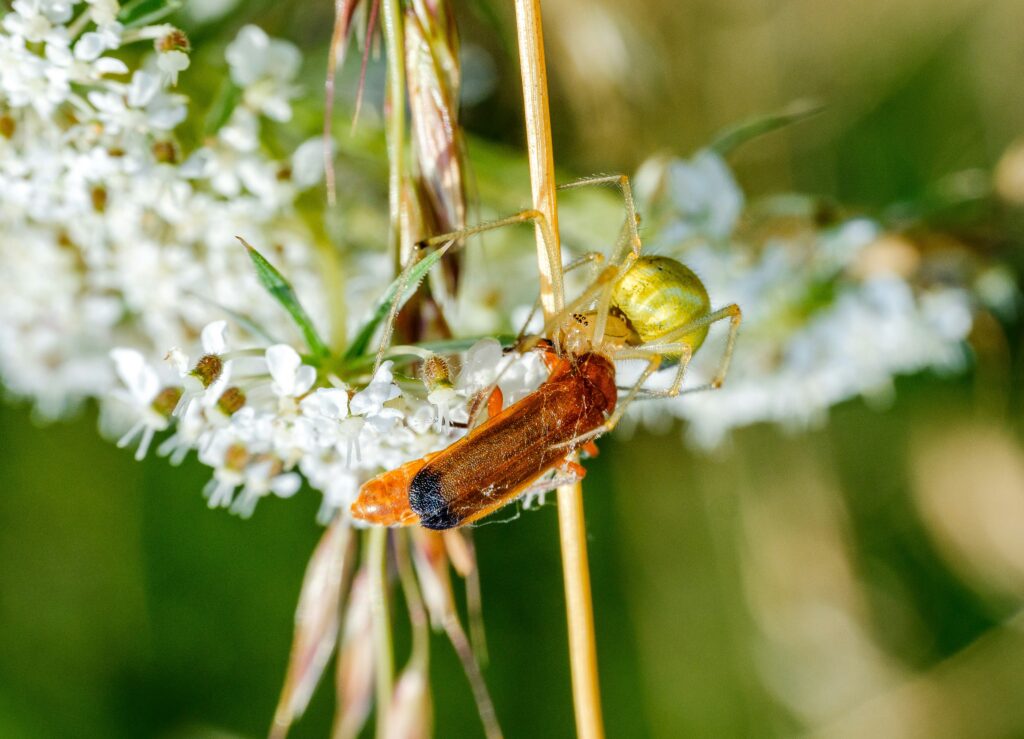
Gardens with healthy insect populations typically require significantly fewer chemical interventions, benefiting both environmental and human health. Balanced insect communities create natural pest regulation through predator-prey relationships, preventing single species from reaching economically damaging levels. This ecological balance eliminates the need for broad-spectrum insecticides that kill beneficial insects alongside pests, preserving the garden’s natural defense system. Gardens free from synthetic pesticides produce food crops with lower chemical residues and support healthier soil microbial communities essential for plant nutrition. Research consistently shows that integrated pest management approaches relying on beneficial insects rather than chemicals result in more sustainable, resilient growing systems with comparable or better yields over time.
Supporting Endangered Insect Species
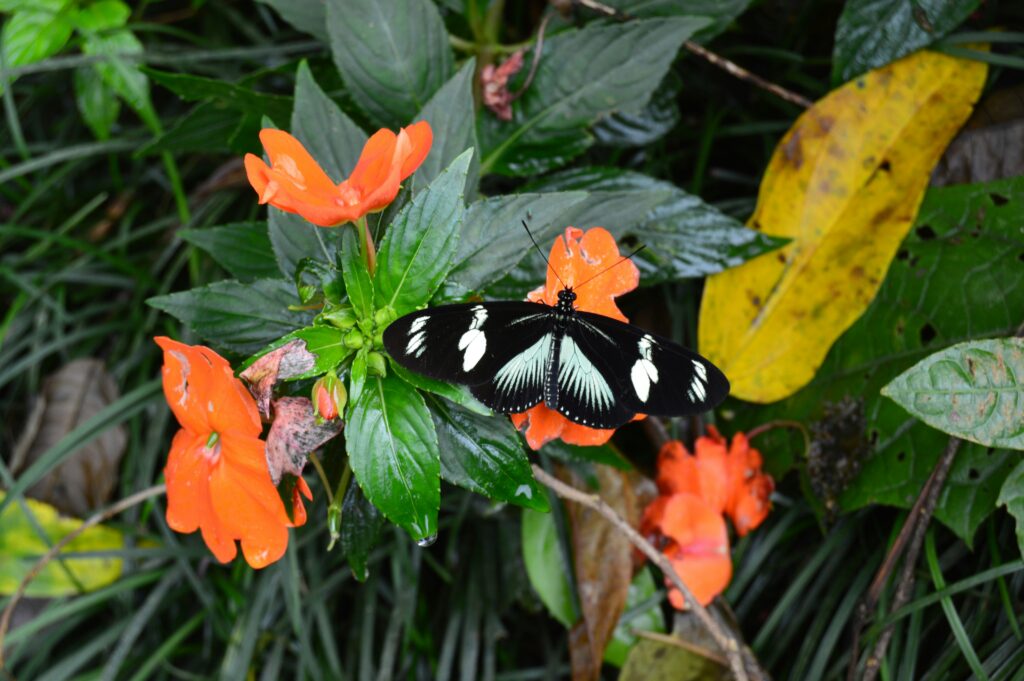
Many insect populations face alarming declines worldwide, with some studies suggesting up to 40% of insect species are threatened with extinction in coming decades. Home gardens collectively represent millions of acres of potential habitat that could help reverse this trend through thoughtful management. Endangered pollinators like certain bumblebee species or monarch butterflies directly benefit from gardens offering appropriate nectar sources, host plants, and chemical-free environments. Even small urban gardens can serve as crucial “stepping stones” between larger natural areas, allowing insects to disperse across otherwise inhospitable developed landscapes. By maintaining insect-friendly practices, gardeners participate in critical conservation efforts extending far beyond their property boundaries, contributing to global biodiversity preservation.
Aesthetic Garden Enhancement
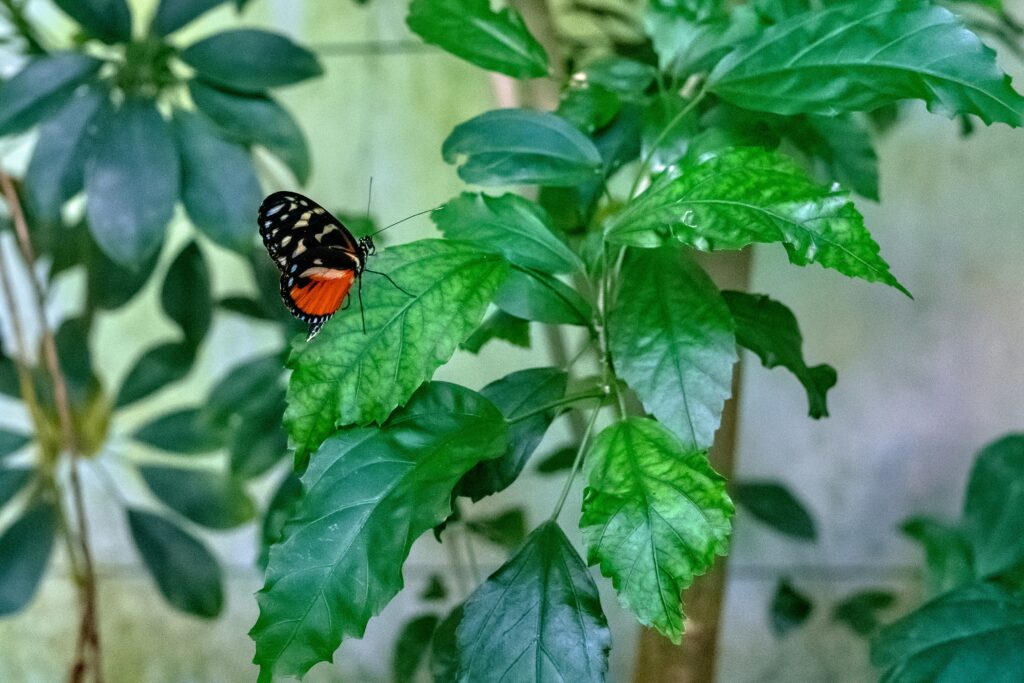
Contrary to common perception, insect-friendly gardens typically display exceptional beauty and vitality that conventional landscapes often lack. The constant movement of butterflies, the iridescent shimmer of dragonfly wings, and the industrious activity of bees add dynamic visual elements that static garden features cannot provide. Gardens designed to support diverse insects incorporate varied textures, heights, and bloom sequences that create visually interesting compositions throughout the growing season. The enhanced plant health resulting from beneficial insect activity produces more vibrant flowers, lusher foliage, and stronger overall growth patterns. Visitors to insect-friendly gardens frequently comment on their sense of aliveness and energy, recognizing intuitively that these spaces embody ecological vitality beyond mere decorative appeal.
Evolving With Climate Change
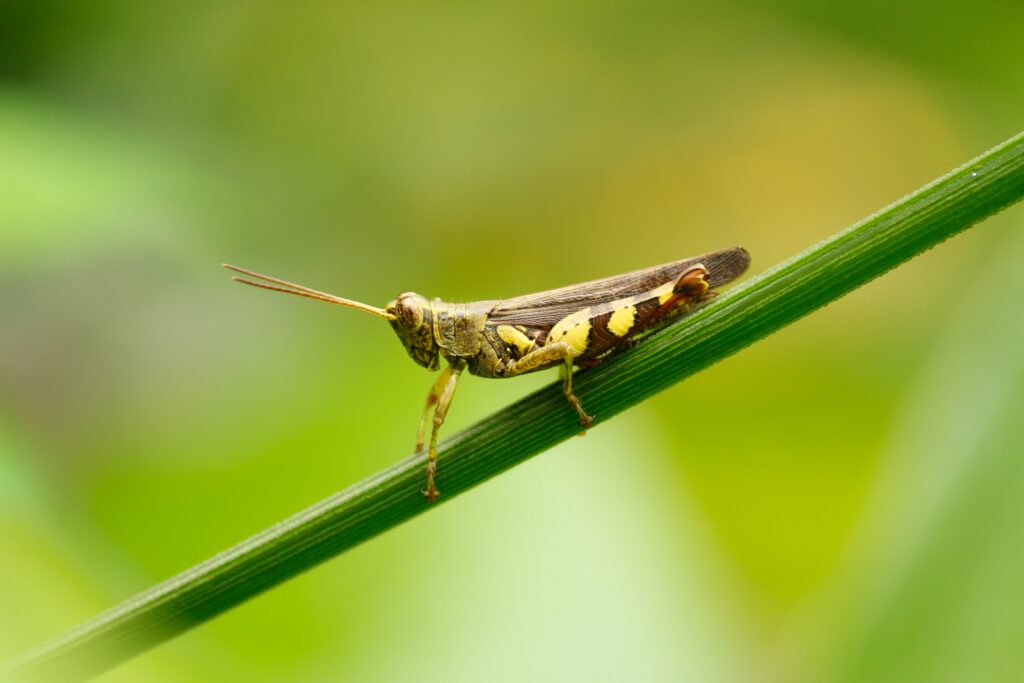
As climate patterns shift, beneficial garden insects may prove increasingly valuable for adapting growing practices to new conditions. Insect life cycles respond quickly to changing environmental cues, potentially helping gardeners identify effective timing for planting and maintenance activities in unpredictable weather patterns. Certain heat-tolerant pollinator species may maintain garden productivity during extreme temperature events when more sensitive species decline. The rapid generation times of most insects allow for relatively quick adaptation to changing conditions, potentially helping garden ecosystems adjust to new climate normals faster than plants alone could accomplish. By supporting diverse insect communities, gardeners create more resilient systems better equipped to withstand the increasingly erratic weather events associated with climate change.
The benefits of cultivating a garden rich with insect life extend far beyond conventional pest control. These small creatures form the foundation of healthy garden ecosystems, contributing to everything from soil fertility to plant reproduction, biodiversity support to climate resilience. By shifting our perspective from seeing insects as problems to recognizing them as essential partners, gardeners can create more sustainable, productive, and delightful outdoor spaces. Whether you tend a small urban balcony or expansive rural acreage, implementing insect-friendly practices represents one of the most impactful environmental contributions an individual can make. Your garden can become not only a source of beauty and bounty for your household but also a vital refuge for the small creatures that sustain our living world.

